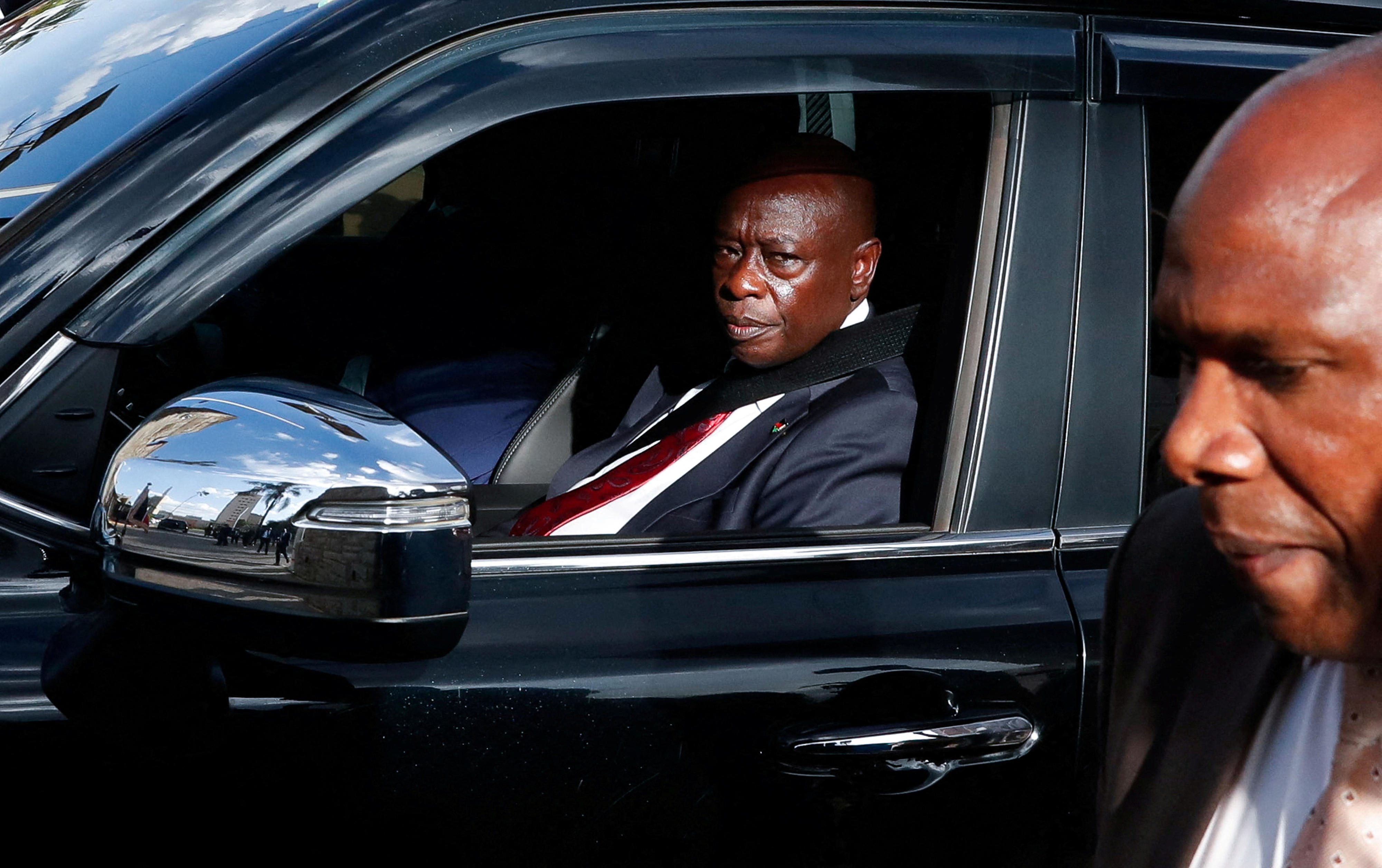Brotherhood paradox: Why men struggle with meaningful friendships

Recently a friend lost his brother in a boda boda accident. It was then that we realised that at 32 years the deceased had no friends except for two workmates who came at the time of burial and left immediately after. The rest were family and friends of his brothers.
In the heart of Uganda, where communal bonds and vibrant gatherings form the essence of daily life, there is a paradox unfolding among men. Despite living in tight-knit communities, many men find themselves struggling with forming and maintaining meaningful friendships. This is not just a local issue but reflects a broader global trend where men grapple with the depth and quality of their relationships. Call it the paradox of brotherhood, where men are surrounded by others yet feel isolated. This complex issue is deeply rooted in societal expectations, personal fears, and evolving social structures.
Let’s admit, men struggle for depth in their friendships. In Uganda for instance, despite spending considerable time together, men rarely talk about deep personal struggles instead their friendships often revolve around a few not so intimate topics: football scores, politics and women.
A 2021 study from the institute of family studies indicated that only one in five men receive social support from male friends when in need compared to two in five women. Another statistic is that one in seven men has no friends at all.
Just about 30 percent of men are likely to share personal feelings with another person versus 48 percent of women who share.
On a gender specific level, the US National Institute of mental health indicated in 2020, that while about five in 100,000 women commit suicide due to loneliness, the number is five times for men. Such figures have led experts to coin the phrase “friendship recession” in regard to male friendships in particular.
Mental Health expert Sarah Maberi of Maberi wellness thinks many Ugandan men find it challenging to move beyond casual interactions into the realm of meaningful conversation because of fear of exposing one’s vulnerabilities and the cultural expectation to maintain a façade of strength contribute significantly to this struggle.
Men worry that expressing their true feelings might lead to rejection or ridicule. The risk of being judged or appearing weak is often too great, causing many to keep their emotions bottled up. The changing social landscape in Uganda and the world is not helping either.
The demands of work and the pull of modern life often result in fragmented social networks. The decline in participation in civic or religious organizations has further diminished opportunities for men to develop close friendships.
Another significant barrier to meaningful friendships is the fear of upsetting others. Many men, driven by a desire to maintain harmony and avoid conflict, keep their interactions on a superficial level. This behavior often stems from childhood experiences where maintaining peace was a survival tactic. Consequently, men worry that delving into deeper, more personal topics might disrupt the balance of their relationships. This approach to friendships, where maintaining peace takes precedence over emotional depth can result in relationships that feel hollow, even if they are stable and amicable.
To overcome these barriers, men need to foster a greater sense of curiosity and emotional engagement in their friendships. By asking deeper questions and actively listening to their friends’ emotions, men can begin to build more meaningful connections. However, this requires bravery and a willingness to take risks. Also one needs to be prepared for the possibility of indifference or discomfort but should also recognize the potential rewards of building deeper, more supportive relationships.
As societal expectations evolve, men are increasingly expected to be emotionally engaged partners, fathers, and friends. This shift presents an opportunity for men to redefine their friendships and seek more from these relationships hence embracing the challenge of building friendships that offer emotional support and mutual understanding. Creating spaces where men can express their vulnerabilities and offer support to one another is crucial for emotional literacy.
By fostering curiosity, embracing vulnerability, and seeking emotional engagement, Ugandan men can begin to bridge the gap between casual camaraderie and profound connection. In doing so, they can enrich their lives and build friendships that truly reflect the depth of their brotherhood.
Brian Ssenoga,journalist, Public Health Professional and Director MihoneyUg




